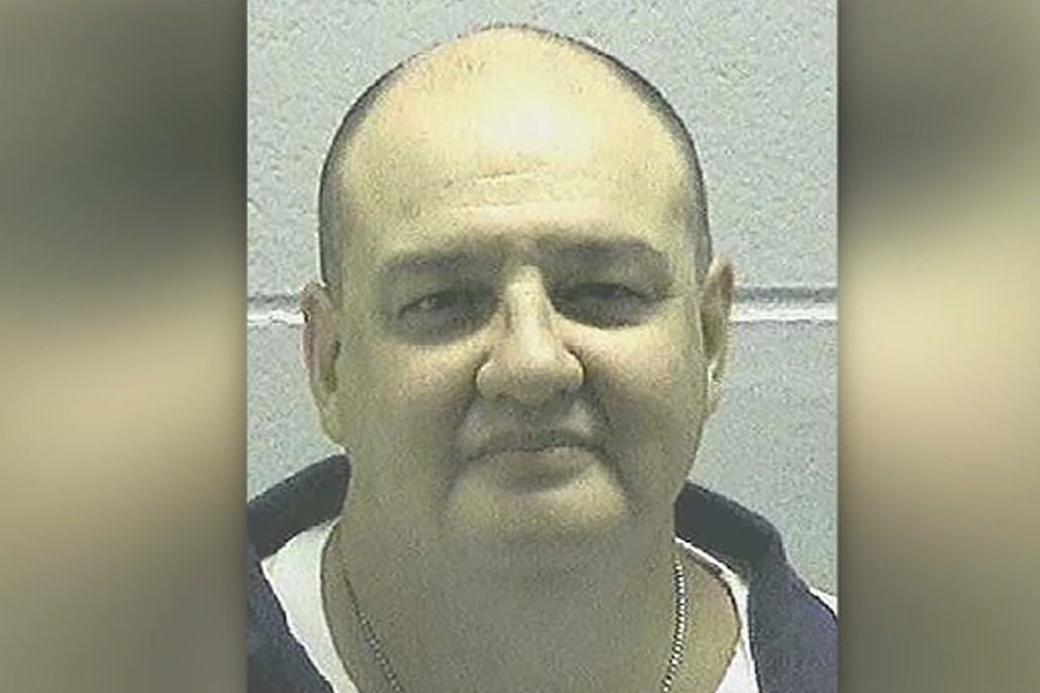Your support helps us to tell the story
From reproductive rights to climate change to Big Tech, The Independent is on the ground when the story is developing. Whether it's investigating the financials of Elon Musk's pro-Trump PAC or producing our latest documentary, 'The A Word', which shines a light on the American women fighting for reproductive rights, we know how important it is to parse out the facts from the messaging.
At such a critical moment in US history, we need reporters on the ground. Your donation allows us to keep sending journalists to speak to both sides of the story.
The Independent is trusted by Americans across the entire political spectrum. And unlike many other quality news outlets, we choose not to lock Americans out of our reporting and analysis with paywalls. We believe quality journalism should be available to everyone, paid for by those who can afford it.
Your support makes all the difference.A man on death row has filed a lawsuit in an effort to have himself executed by firing squad, rather than lethal injection.
Michael Wade Nance, who shot and killed a man during a botched bank robbery in 1993, is due to be killed shortly.
Georgia, the US state where he is incarcerated, uses lethal injection for the death penalty but Nance has argued this would cause prolonged suffering for him.
The murderer has “severely compromised” veins which are hard to locate and could burst during the injection process, the Atlanta Journal-Constitution reported.
This could mean a lengthy and excruciating execution, the lawsuit states.
Nance also has been taking a particular medication to treat back pain which would minimise the effectiveness of the pentobarbital — the drug used in lethal injections.
Put together, the lawsuit claims these circumstances mean lethal injection would amount to cruel and unusual punishment, which is prohibited by the constitution
Instead, his lawsuit asks for him to shot dead in a firing squad instead, a method of execution which is “significantly more reliable than lethal injection”.
“Execution by firing squad is both swift and virtually painless,” the filing states.
Georgia previously used hanging as its method of execution until the 1920s when it switched to the electric chair. This was itself deemed to be cruel and unusual punishment in 2001, when lethal injection was introduced instead.
Georgia, along with many other states, used to use a cocktail of other drugs alongside pentobarbital to induce a coma but in 2011 it became difficult to source these as the manufacturers increasingly forbade their sale to prisons.
Now the lethal injection procedure solely uses pentobarbital, which in high doses causes death by respiratory arrest.
The local district attorney Danny Porter, said he did not mind how Nance was executed.
“If he needs a firing squad, then let him have it,” Porter told the Atlanta Journal-Constitution. “It’s certainly a unique request.”
Some states do still permit death by firing squad, including Utah which carried the most recent such execution in the United States in 2010.
Utah had abolished the firing squad in 2004 but this does not apply retrospectively to people given the death penalty before the law changed.
However in 2015, amid a crisis in obtaining the drugs needed for lethal injection, the state passed another law allowing firing squad executions to resume as a back up option. Several other states have considered or begun to re-legalise the firing squad also.
A previous Georgia death row inmate who made a similar request to Nance in 2017 was denied by the courts before being killed by lethal injection.
The George State Department of Corrections has been contacted for comment.

Join our commenting forum
Join thought-provoking conversations, follow other Independent readers and see their replies
Comments